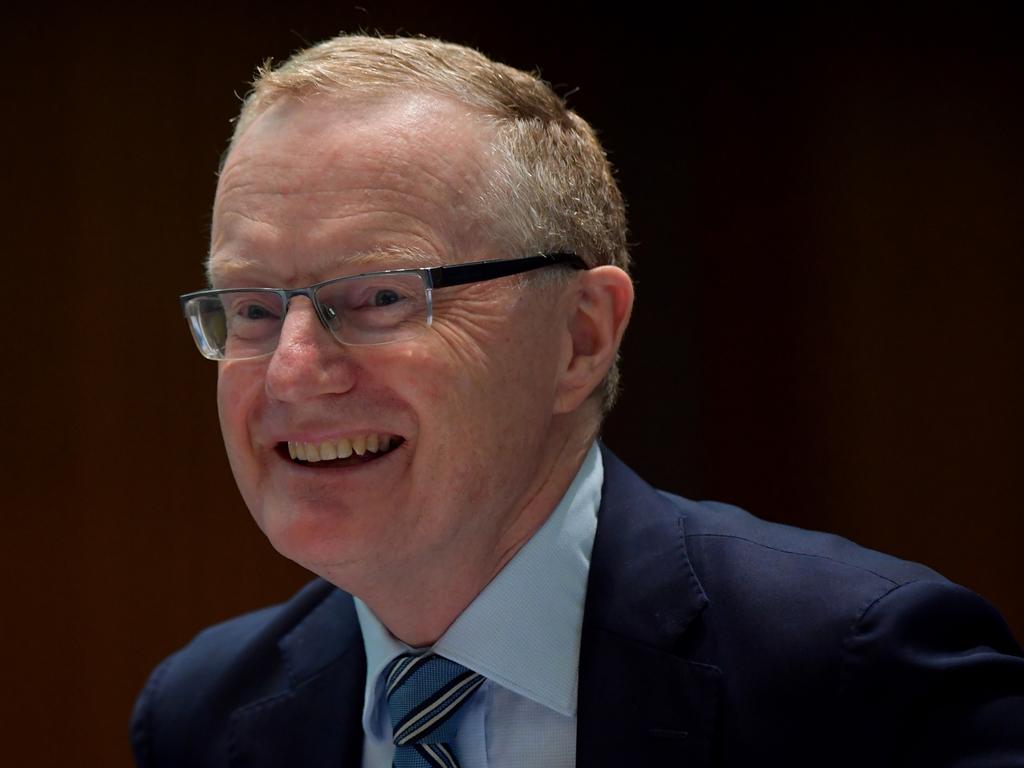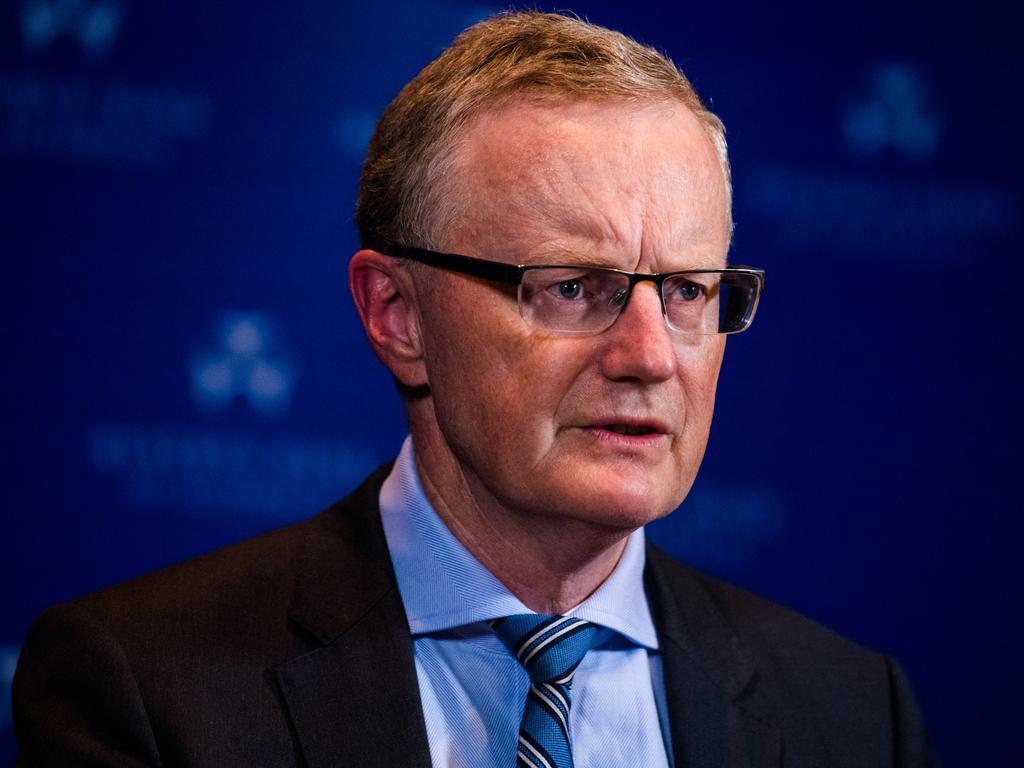RBA signals end of easy money as economy recovers
A robust economic expansion has been characterised by a booming property market and emerging labour shortages.

The pandemic age of ultra-cheap money may be coming to an end, with the Reserve Bank tapering its bond-buying program amid a robust economic expansion characterised by a booming property market and emerging labour shortages.
On Tuesday, the central bank held the official cash rate at 0.1 per cent for the eighth consecutive month, but announced a reboot of its unconventional monetary settings, with weekly bond purchases scaled back from $5bn to $4bn from early September.
The RBA’s decision was interpreted by financial markets and economists as a gradual tightening of monetary policy, with interest rate futures, bond yields and the dollar rising after the announcement, and the sharemarket weakening.
Noting the surge in housing prices and credit growth, with investors now more prevalent in the market, the RBA said it “will be monitoring trends in housing borrowing carefully” to ensure lending standards did not slip.
In a change of language, RBA governor Philip Lowe said the wage and inflation rises necessary to lift official interests “will not be met before 2024”, where previously he said this condition would not be met “until 2024 at the earliest”.
Dr Lowe also urged people to be patient about the pace of the Covid vaccine rollout, telling a conference call of media and financial market participants that, with the bulk of the population set to receive at least one dose during the coming six months, “life will return to normal” and international borders would reopen.
“We are working on that premise,” he said, adding that fewer lockdowns and more certainty for businesses would change the dynamics for hiring and investment.
Dr Lowe said closed borders would present an “upside risk” to inflation and wages growth, as skills shortages caused “hot spots in the labour market”.
The RBA’s decision came ahead of NSW Premier Gladys Berejiklian’s announcement on extending the state’s lockdown beyond midnight on Friday.
“We only intend for this lockdown to be the only lockdown we go through,” Ms Berejiklian said on Tuesday as NSW recorded 18 local cases with only two cases infectious in the community.
“That will factor into our decision-making as to whether it finishes on Friday or whether we continue for a period longer.”
Following two phases of quantitative easing worth a combined $200bn, Dr Lowe said the new flexible bond-purchase program would be reviewed in mid-November, while so-called yield curve control of three-year bonds would be maintained at 10 basis points for the April 2024 maturity.
“These measures will provide the continuing monetary support that the economy needs as it transitions from the recovery phase to the expansion phase,” Dr Lowe said in a statement after the RBA board’s monthly meeting. “One near-term uncertainty is the effect of the recent virus outbreaks and the lockdowns. But the experience to date has been that once outbreaks are contained and restrictions are eased, the economy bounces back quickly,” Dr Lowe added.
In the conference call, Dr Lowe conceded the RBA was now less confident rates would not be lifted before 2024.
“Our central scenario continues to be that the condition for an increase in the cash rate will not be met until 2024. But there are alternative plausible scenarios as well,” he said. “This means that probabilities have shifted and the decision to adjust the approach to the yield target reflects this shift in probabilities.”
ANZ Bank head of Australian economics David Plank said the RBA’s change in guidance “will reinforce the market’s conviction that a rate hike will come before 2024”.
“We think the second half of 2023 is the most likely timing,” Mr Plank said. The Commonwealth Bank’s head of Australian economics Gareth Aird was more bearish, with a view the RBA would raise official rates twice late next year with a cash rate target of 0.5 per cent by the end of 2022.
“By mid 2022 there is likely to be a euphoric mood among consumers and businesses as Covid-related disruptions to day-to-day life are a thing of the past,” Mr Aird said.
“The resumption of international services trade will be the icing on the economic cake and we expect the Australian economy to be running at maximum capacity provided the government has not shifted strategy to tighten fiscal policy.”
Dr Lowe noted that housing markets had continued to strengthen, with prices rising in all major markets.
“Housing credit growth has picked up, with strong demand from owner-occupiers, including first-home buyers,” he said. “There has also been increased borrowing by investors. Given the environment of rising housing prices and low interest rates, the bank will be monitoring trends in housing borrowing carefully and it is important that lending standards are maintained.”

The bank’s new guidance on monetary policy came after labour force figures showed employment rising by 115,000 in May, with the jobless rate sliding to 5.1 per cent, below its pre-pandemic rate.
“The economic recovery in Australia is stronger than earlier expected and is forecast to continue,” Dr Lowe said.
“The outlook for investment has improved and household and business balance sheets are generally in good shape. National income is also being supported by the high prices for commodity exports.”
Dr Lowe said the full employment rate was probably in the “low 4s”, and played down the likelihood of wage and inflationary pressures in the coming 18 months.
Westpac chief economist Bill Evans said: “Given this uber dovish approach a reasonable person might be surprised that we have seen the first steps to tightening policy today.”
Meanwhile, the government has reappointed RBA deputy governor Guy Debelle, seen as the frontrunner to replace Dr Lowe when the governor’s term ends in 2023, for a further five years, starting in September.
RBA board member Ian Harper has been reappointed for another five years.








To join the conversation, please log in. Don't have an account? Register
Join the conversation, you are commenting as Logout